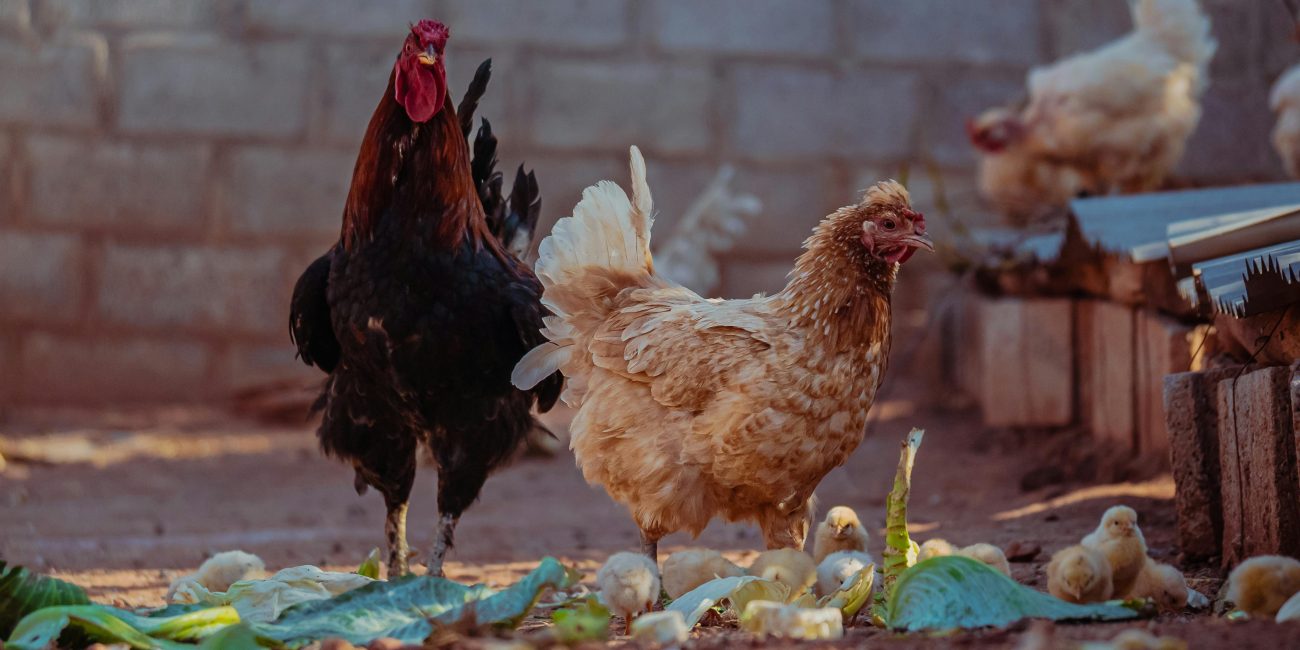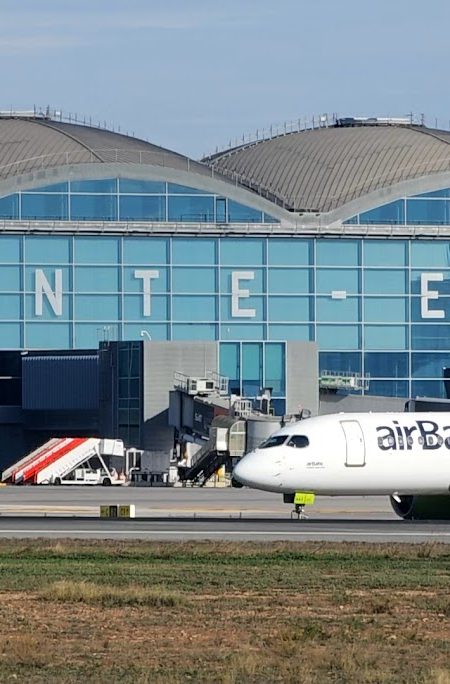The government has ordered all free-range birds to be kept indoors starting yesterday, Thursday November 13th. This is to stop the spread of avian influenza from wild birds, which is expected to get worse because of migration. Portugal has taken the same measure. This rule, which was published in the Official State Gazette, makes the poultry confinement apply to the whole country. Since last Monday, the lockdown has already had an effect on over 1,200 Spanish municipalities that are in locations that are thought to be at high danger and are being watched.
The directive says that all current agricultural methods must be put on hold. This includes organic farms, farms that raise animals for personal use, and farms that raise animals for sale to customers. Ministerial sources said that the lockdown is the “last” biosecurity action the government can take across the country. It was put in place after recent outbreaks and because of the risk of the issue getting worse during the wild bird migration season.
The Ministry of Agriculture, Fisheries, and Food (MAPA) has told poultry producers and owners to be very careful and keep everything clean because of this sickness. Luis Planas, the Minister of Agriculture, Fisheries, and Food, sent a message from Valencia on Thursday to reassure people that these measures are being strengthened and that the right protocols and European Union (EU) principles are being followed. Planas said that making all outdoor poultry farms in Spain stay indoors is “a further step” to stop more epidemics from happening.
Because the number of outbreaks of the virus is going up, Portuguese officials have also ordered that domestic birds be kept in areas of their country that are at high risk of avian flu. This is because the possibility of the disease spreading between wild and domestic birds is “high.”
The lights
Currently, avian flu has been found in 14 outbreaks on professional poultry farms, killing 2.5 million animals. Seven of these deaths were in Castilla y León, three in Castilla-La Mancha, two in Andalusia, one in Extremadura, and one in Madrid.
The ministry said that five outbreaks have also been found in birds kept in captivity (recovery centres and zoos) and 88 in wild birds, all of which are of the H5N1 subtype.
Data up to this Wednesday show that there have been 59 outbreaks in poultry in the European Union.
There are 708 outbreaks across the Community territory, with Germany reporting 306 and France reporting 103.
Cost
The price of eggs has been going up consistently since the beginning of the year. In fact, it is the food group that has had the greatest inflation so far this year.
Planas has given people peace of mind about price trends, since national production is 120% of the usual consumption. This is because there is a national context of increased consumption and an international context of the impact of avian flu in several European countries and the United States.
The minister stated that egg prices have been going up slowly since 2021, like they have in other European nations. He also said that Spain has the third lowest growth in food prices, behind Cyprus and France, according to the most recent Eurostat data.
The field
The Spanish egg industry says that this confinement of birds is a response to the risk assessment done by the government. Spain and Portugal are both taking steps to stop the sickness. Avianza, the trade group for the chicken meat production industry, said that in their situation, the animals are already on closed farms and “with biosecurity measures already in place.” People from this group have said that this is how 95% of poultry meat is made in Spain.









No Comment! Be the first one.